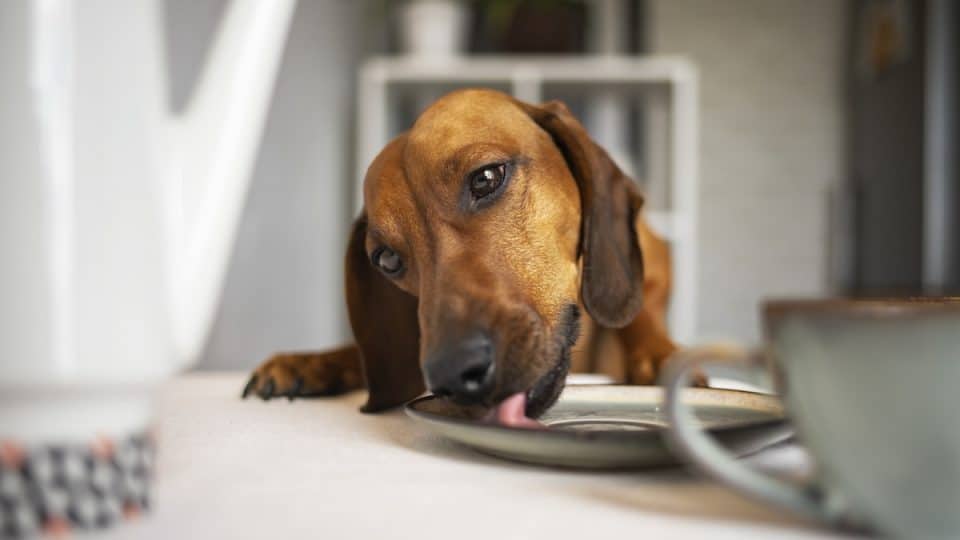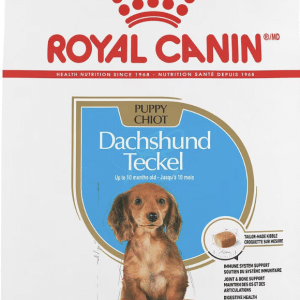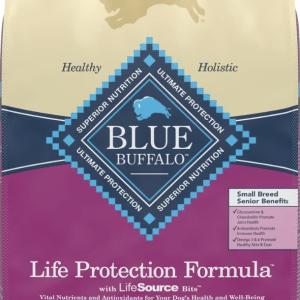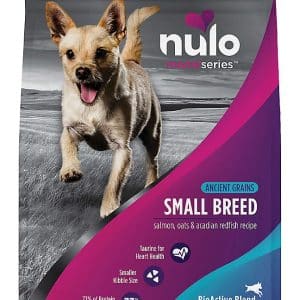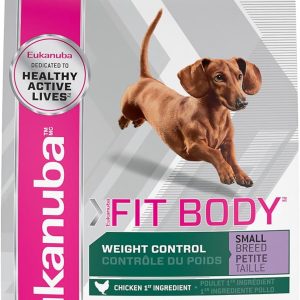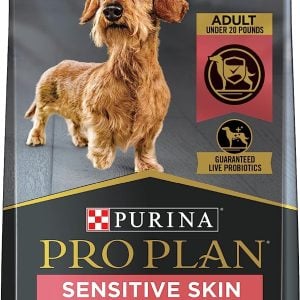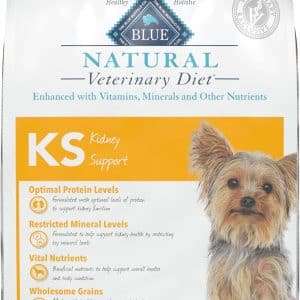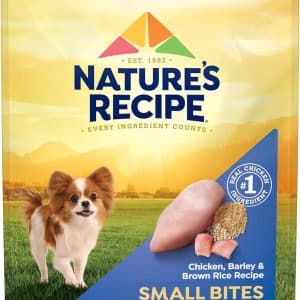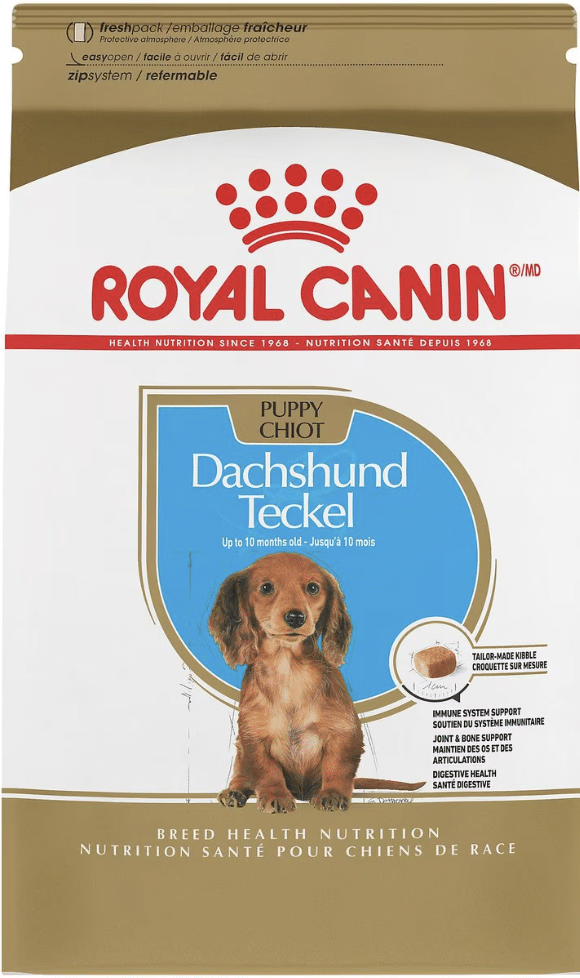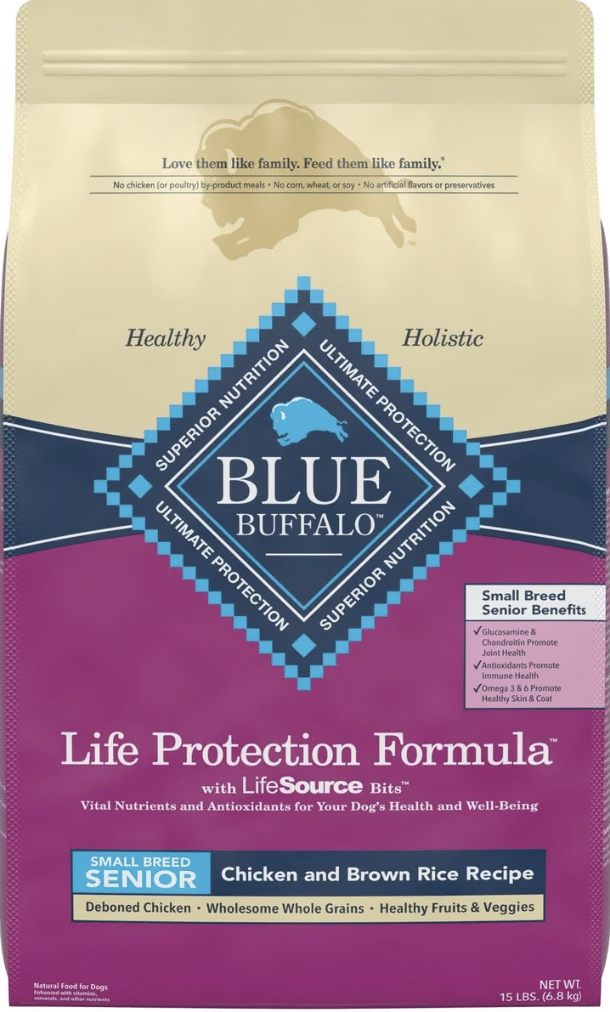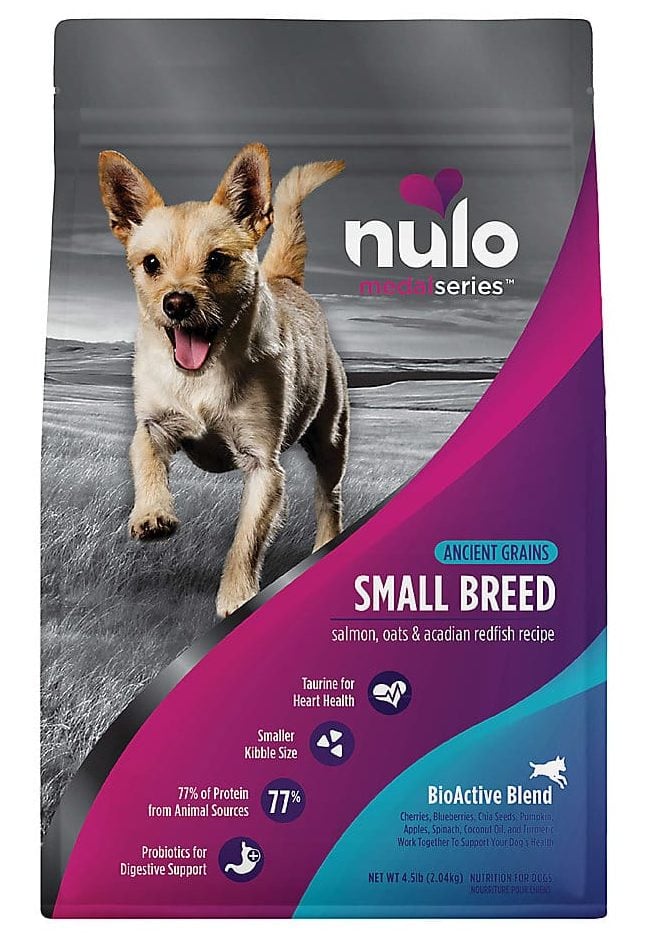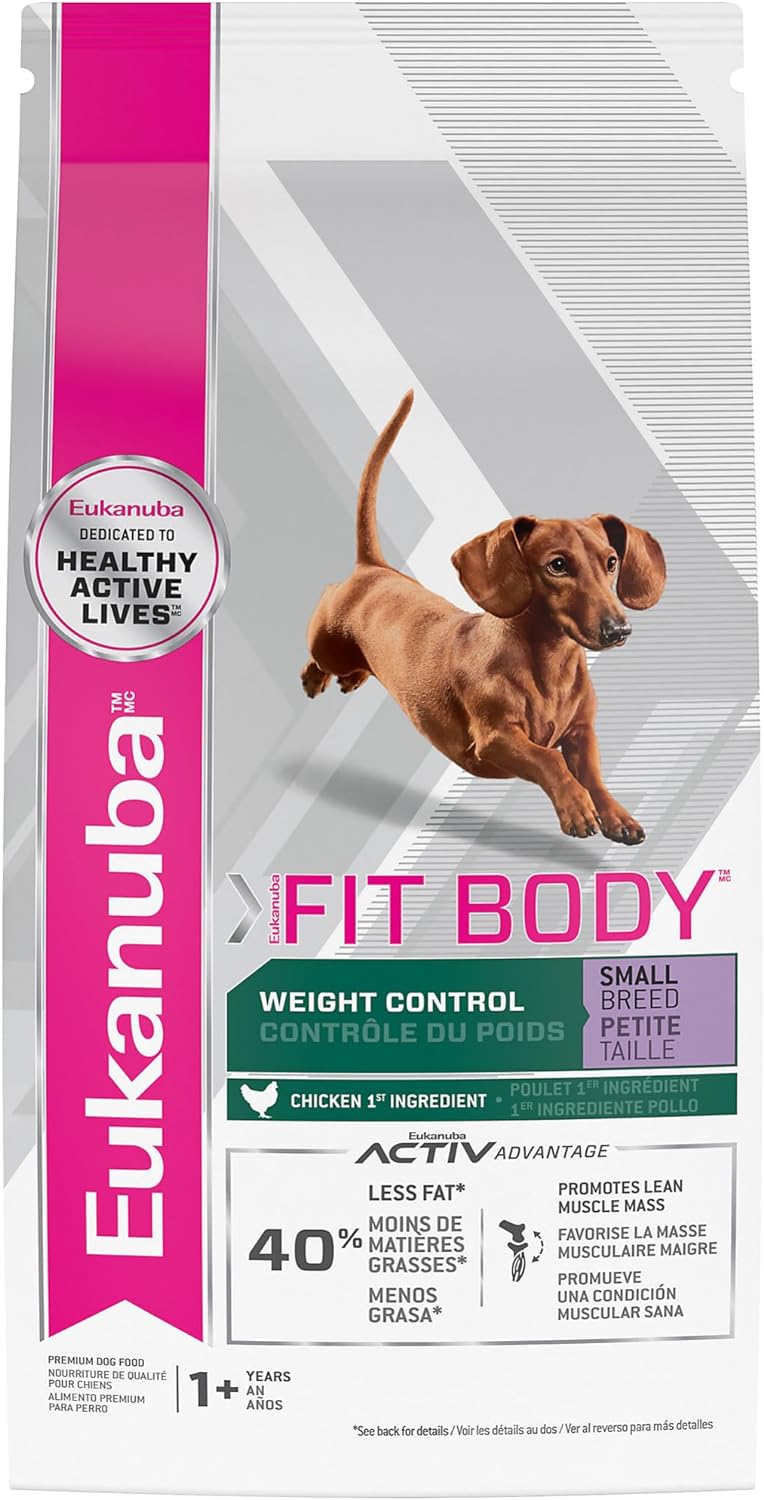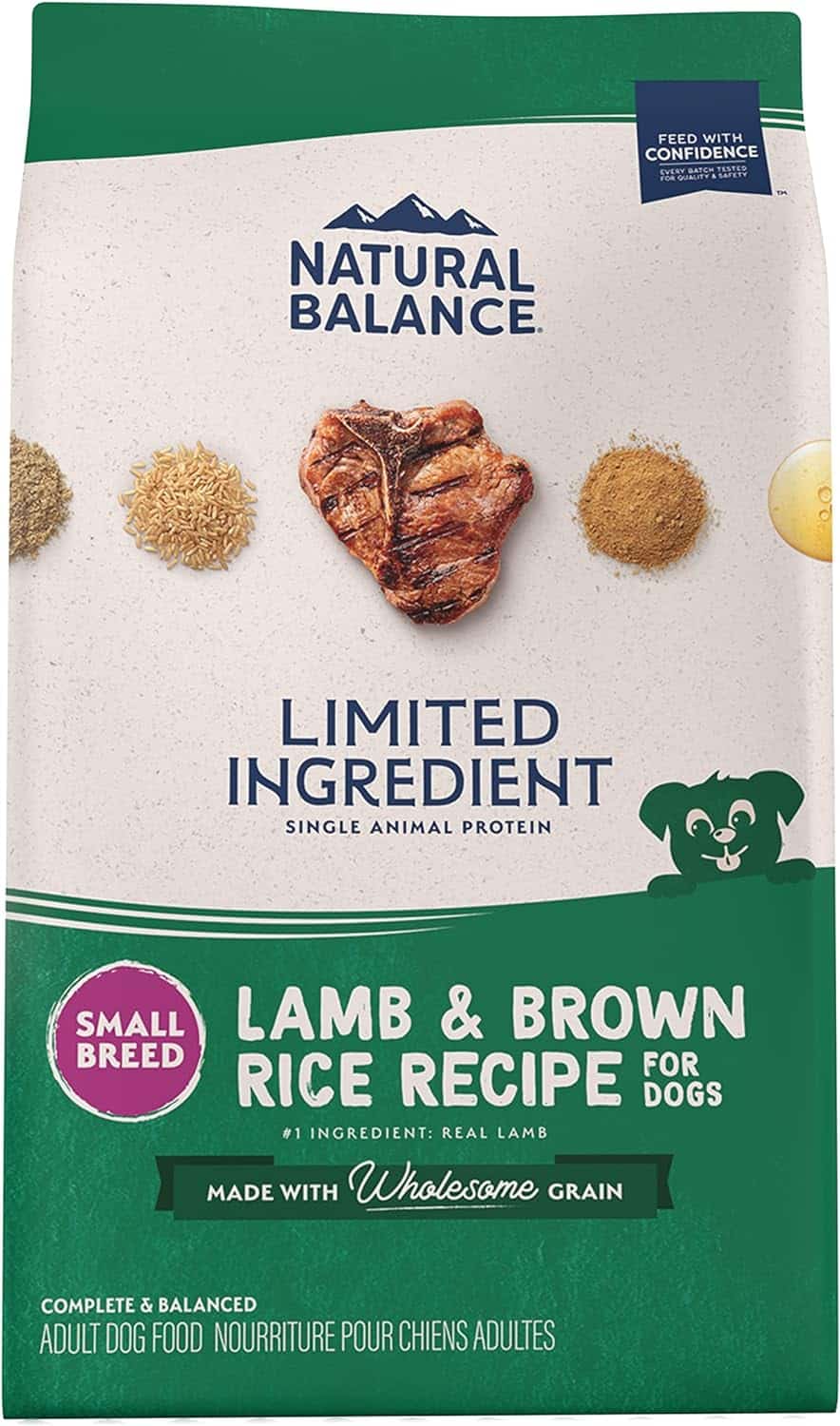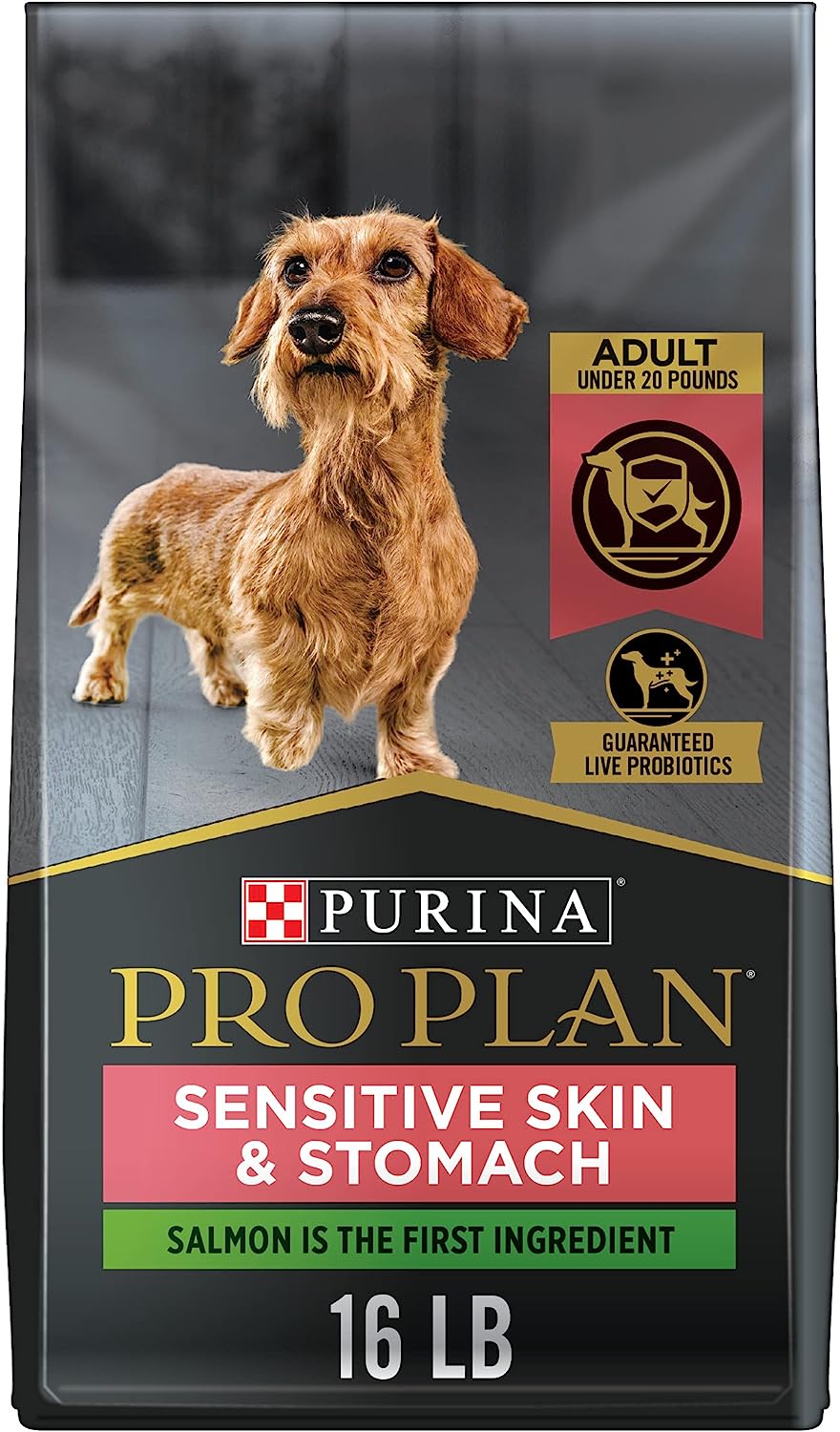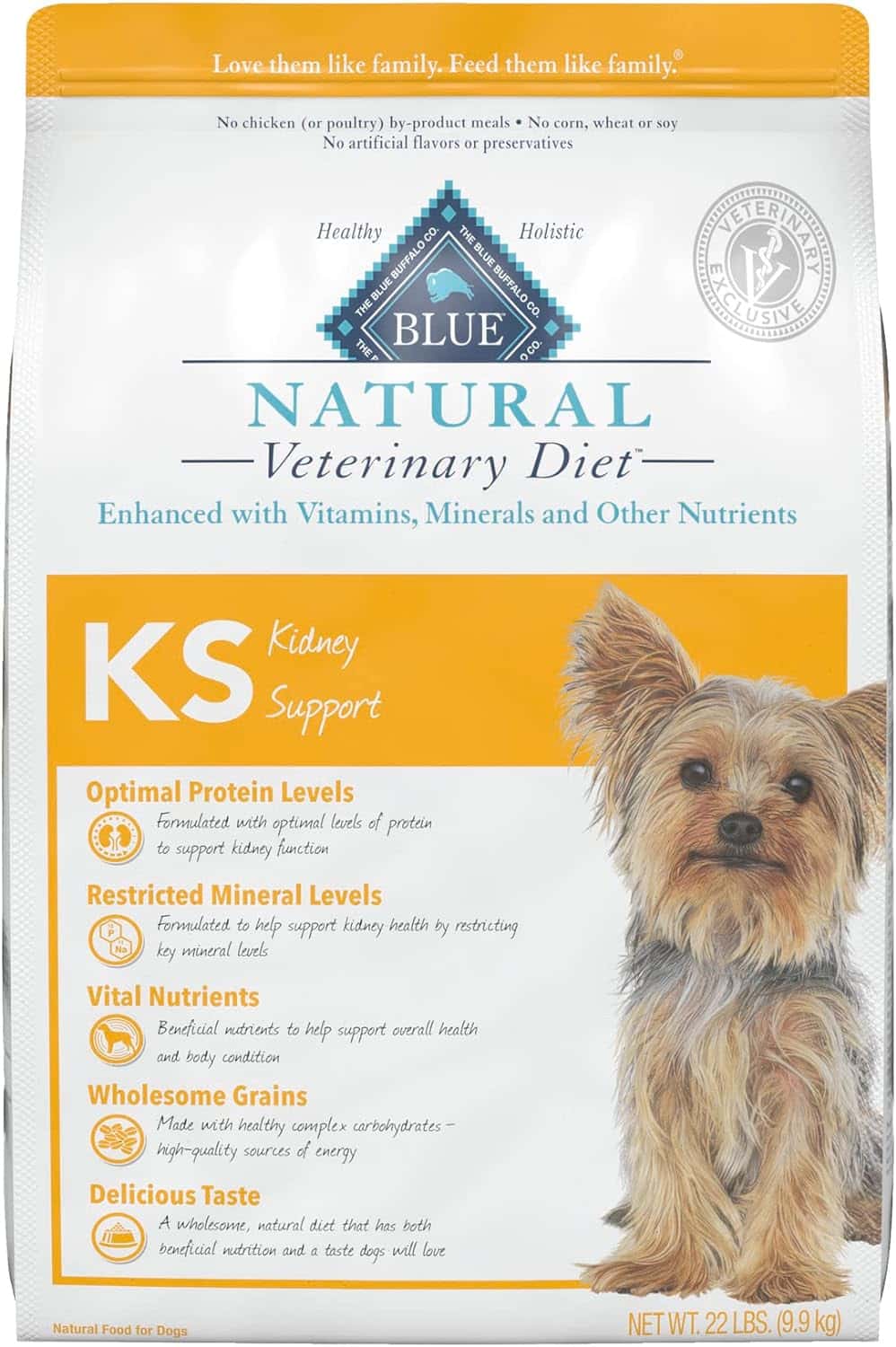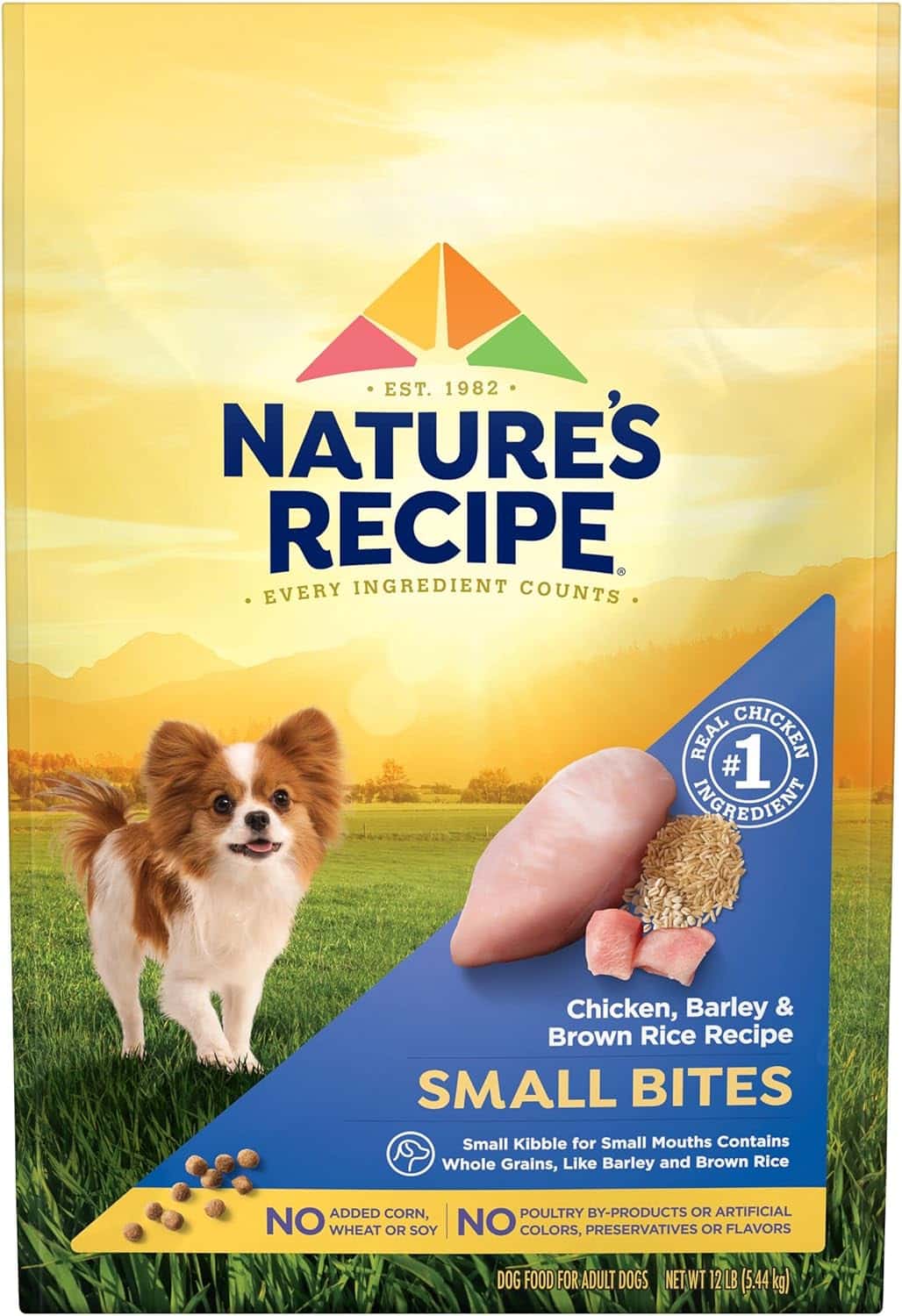- This review contains affiliate links. Read more here.
Originally bred to hunt badgers in the 15th century, Dachshunds have uniquely long bodies and short legs. Because of their shape, these small, brave hounds are prone to a variety of health conditions—and good nutrition is one of the best ways to keep them healthy into old age.
Though all dogs, even long ones, have very similar nutritional requirements as laid out by the Association of American Feed Control Officials (AAFCO), it can still be helpful to apply a breed-specific lens to a Dachshund’s diet.
As a small breed, Dachshunds have speedy metabolisms that burn through calories quickly, so they need more calories per pound of body weight than large breeds and more frequent feeding. Ideal foods contain a lot of calories without much volume, since your friend’s stomach is small.
That said, obesity is one of the biggest concerns for these short pups, since extra pounds can strain their vulnerable backs. Protein maintains lean muscle mass to protect joints, fiber helps a dog feel full, and glucosamine and chondroitin support bones and joints.
Your vet can determine the appropriate number of calories for your Dachshund to receive based on their body-condition score, and they can be an invaluable resource in helping you find foods specific to your pup’s health issues.
But to help you get started, we’ve reviewed the key nutrients, pros, and cons of a variety of popular dog foods, taking into account their suitability for Dachshunds big and small. All nutritional analysis is converted to a dry-matter basis so you can compare between food types with different moisture contents.
Our picks
Best for Food Allergies
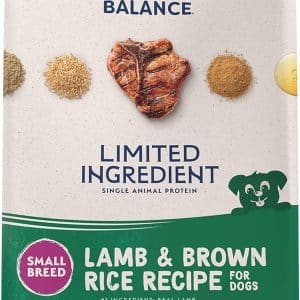
Best for Dental Health
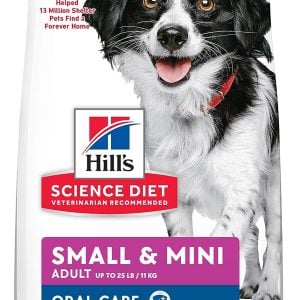
Best for Dachshund Puppies: Royal Canin Breed Health Nutrition Dachshund Puppy Food
This Royal Canin recipe is formulated specifically for Dachshund puppies from 8 weeks to 10 months old. It’s both calorie- and nutrient-dense, providing your puppy with the nutrition they need to develop properly. With over 31 percent protein and 15 percent fat, this small-breed puppy food comfortably meets the AAFCO requirements for the growth stage of a dog’s development.
Added calcium and phosphorus support a Dachshund puppy’s long backbone as they grow, and rectangular kibble is easy for a small, pointy mouth to scoop. Since Dachshunds mature quickly, you’ll want to make sure to swap to an adult small-breed food around the 10-month mark, or as soon as your vet advises.
Note that while this Dachshund-specific formula is popular and well-regarded, it’s also pricey—it’s a-okay to choose a non-breed-specific small-breed puppy food for your new friend, especially if your vet is on board.
Key Nutrients:
- 371 kcal ME/level cup
- Protein: 31%
- Fat: 15.5%
- Fiber: 4.1%
Best for Senior Dachshunds: Blue Buffalo Life Protection Formula Small Breed Senior
You don’t typically have to switch a Dachshund over to a senior-specific food as they age, but a slightly different set of supplementary nutrients can be a smart choice. For a Dachshund over 7 years old, this Blue Buffalo Life Protection dog food features deboned chicken and chicken meal as its first ingredients, healthy grains in the form of brown rice and oatmeal, and plenty of fruits and veggies, like dried sweet potatoes, carrots, blueberries, and cranberries.
In addition, this recipe contains glucosamine and chondroitin sulfate, two ingredients that can help protect a Dachshund’s joint health as they age. You’ll also see relatively high fiber content, which can help keep a senior dog’s digestive system moving smoothly.
Key Nutrients:
- 370 kcal ME/level cup
- Protein: 25%
- Fat: 14%
- Fiber: 6.6%
Best for Skin & Coat Health: Nulo Medal Series Small Breed All Life Stages Dry Dog Food, Salmon
If your Dachshund is prone to dry, itchy skin or a dull coat, you may want to consider selecting a food that contains a high amount of omega fatty acids, like this Nulo small-breed food. It boasts deboned salmon as its main ingredient as well as a hearty combination of other proteins, including turkey meal, chicken meal, and chicken meal.
Coconut oil and Vitamin E also will help contribute to a shiny, healthy-looking coat.
Key Nutrients:
- 427 kcal ME/level cup
- Protein: 31%
- Fat: 18%
- Fiber: 5%
Best for Weight Management: Eukanuba Fit Body Weight Control Small Breed Dry Dog Food
As Dachshunds grow older, maintaining their weight and ensuring they don’t pack on the pounds increases in importance as their puppy energy tapers off. Fortunately, this Eukanuba recipe is formulated with a higher amount of animal protein from chicken and a lower amount of fat to help ward off weight gain while ensuring dogs of all ages get the right amount of nutrients they need to sustain their energy needs.
A smaller kibble size and added glucosamine and chondroitin sulfate also make this dog food a good choice for overweight or obese dogs in their senior years.
Key Nutrients:
- 320 kcal ME/level cup
- Protein: 32%
- Fat: 11%
- Fiber: 4.3%
Best for Food Allergies: Natural Balance Limited Ingredient Lamb & Brown Rice Small Breed Bites Recipe
It’s not uncommon for Dachshunds or Dachshund mixes to develop food allergies. Once you know what your dog is allergic to, you’ll want to find a food that doesn’t contain the trigger ingredient(s). A good place to start is Natural Balance’s line of limited-ingredient foods. Not only does this brand offer completely chicken-free protein options, such as this lamb one, for dogs allergic to specific proteins, it also has grain-free options for dogs with (rarer) grain allergies. Plus, the formulas are designed with smaller-sized bites for breeds like Dachshunds.
Key Nutrients (for the lamb option):
- 370 kcal/cup
- Protein: 24%
- Fat: 13%
- Fiber: 4.4%
Best for Digestion: Purina Pro Plan Small Breed Adult Sensitive Skin & Stomach Formula
Dachshunds aren’t the worst for tummy troubles, but the breed does see its fair share of sensitive stomachs. This Purina Pro Plan small breed sensitive skin and stomach dog food contains prebiotic fiber in an easily digestible salmon and rice formula to help optimize your dog’s gut health. The added Vitamin A and E, as well as omega-6 fatty acids, help to support a healthy skin and coat.
Key Nutrients:
- 465 kcal ME/level cup
- Protein: 32%
- Fat: 19%
- Fiber: 3.4%
Best for Dental Health: Hill’s Science Diet Adult Oral Care Small & Mini Chicken Recipe
Dachshunds are among the most at-risk breeds to be affected by dental disease. And while regular brushing and dentist visits can go a long way, Dachshund parents may also want to consider a food that helps to support oral health, like this Hill’s Science one. It contains chicken as its main ingredient and boasts a wide range of vitamins and minerals. However, its most unique feature is the shape of the kibble that’s designed to reduce dental plaque and tartar as dogs eat it. This small breed formula can also help freshen a Dachshund’s breath.
Key Nutrients (for the lamb option):
- 363 kcal/cup
- Protein: 22%
- Fat: 12%
- Fiber: 14%
Best for Kidney Health: Blue Buffalo Natural Veterinary Diet KS Kidney Support
If your vet recommends your Dachshund be on a low-sodium or phosphorus diet because of kidney-related health concerns, you may want to consider this prescription food from Blue Buffalo. In addition to low levels of sodium or phosphorus to help support a dog’s kidney health, this small breed formula features intentionally lower than AAFCO-recommended levels of protein, as research has shown that a lower-protein diet can be beneficial for dogs with chronic kidney disease. This dry food is also high in fiber and features deboned chicken as its primary ingredient.
Key Nutrients):
- 409 kcal/cup
- Protein: 15.5%
- Fat: 20%
- Fiber: 7.8%
Best Value: Nature’s Recipe Small Bites Chicken, Barley & Brown Rice Recipe
Although Dachshunds eat considerably less than large breeds, the cost of high-quality dog food can still add up. Expensive food isn’t necessarily better, and some budget food is perfectly nutritionally sound. This Nature’s Recipe option is affordably priced at less than $2 per pound for a 12-pound bag. It boasts quality ingredients like chicken and chicken meal, as well as healthy grains like rice, barley, and oatmeal to provide your Dachshund with the fuel they need.
Key Nutrients:
- 342 kcal/cup
- Protein: 24%
- Fat: 13%
- Fiber: 4.4%
How We Chose
The products featured here were selected based on a combination of our own hands-on testing,
a comprehensive look at customer reviews across a wide variety of retail platforms. We prioritized highly digestible formulas that offer maximum joint and dental support to target common Dachshund health issues.
We’re also guided by the experience of living and playing alongside our own much-loved and strongly opinionated pets, who are never stingy with their feedback.
